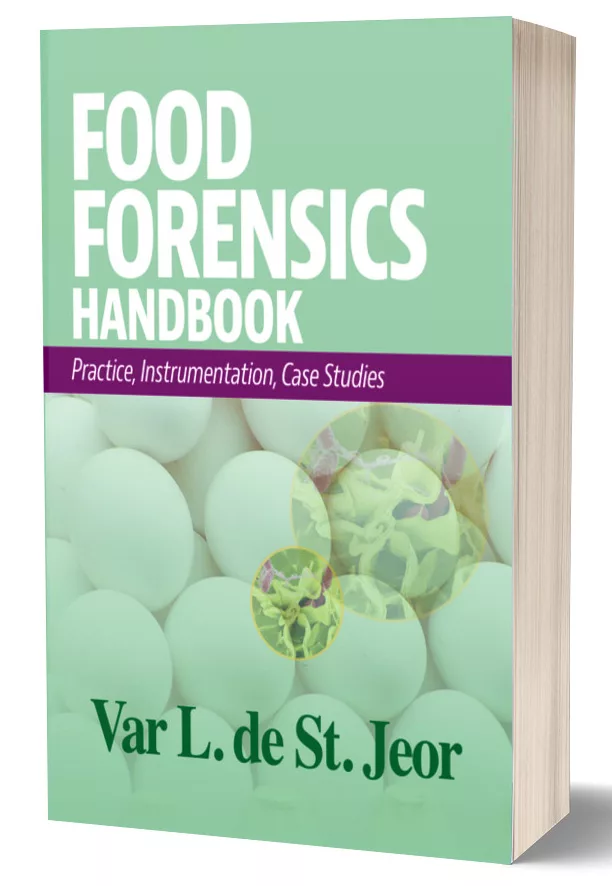USDA-FSIS Surveys Salmonella Rates in NRTE Breaded Stuffed Chicken Products

Image credit: aneesthanikal via Pixabay
As part of an effort to reduce cases of salmonellosis attributable to poultry products, the U.S. Department of Agriculture’s Food Safety and Inspection Service (USDA’s FSIS) conducted a study with the Food Emergency Response Network (FERN) laboratories to gather data on not-ready-to-eat (NRTE) breaded stuffed chicken products purchased at retail stores. The release of the survey results follows FSIS’ April 2023 proposed determination to declare Salmonella an adulterant in breaded stuffed raw chicken products.
The survey was intended to gather information on the positive rate of Salmonella in NRTE breaded stuffed chicken products and any differences in laboratory methods used.
Through FERN, 11 geographically dispersed state labs participated in the study. From July 1, 2022—September 30, 2022, the labs purchased locally available NRTE breaded stuffed chicken products at retail stores (approximately 15 samples per month for each product) and tested them for the presence of Salmonella and indicator organisms.
In total, 58 of the 487 samples tested were positive for the presence of Salmonella. A noticeable difference in positivity rates was seen between laboratories that ran methods the same as FSIS (36 of 135, or 27 percent) using larger test portions and laboratories that ran methods different from FSIS (22 of 352, or 6 percent) using smaller test portions. Small amounts of Salmonella present in the product or uneven distribution of Salmonella contamination could account for the lower positivity rates when smaller sample portions were tested.
Total aerobic counts were similar across products tested. Whole genome sequencing detected S. Enteritidis (18 of 58), S. Infantis (22 of 58), S. Kentucky (15 of 58) and S. Typhimurium (3 of 58).
Looking for quick answers on food safety topics?
Try Ask FSM, our new smart AI search tool.
Ask FSM →








